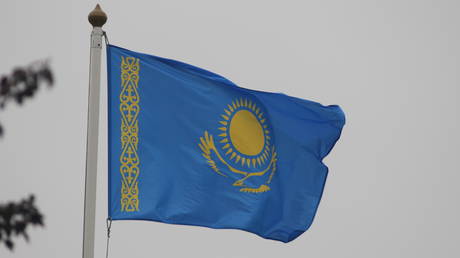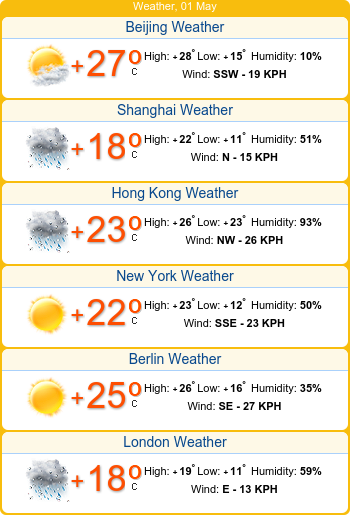Russian ally calls on US to review sanctions policy
Kazakhstan has vowed to comply with Western sanctions but said it would not totally cut economic ties with its neighbors

The US and its allies in Europe should reevaluate their treatment of third-party nations as part of their sanctions regime, Kazakh Ambassador to Washington Yerzhan Ashikbayev said on Tuesday. America and its allies should treat all countries complying with their sanctions policies equally and take their interests into account as well, the diplomat insisted.
“Kazakhstan remains fully transparent, with our American, European, and UK partners committed to ensuring sanctions compliance and equally not facilitating sanctions evasion,” Ashikbayev said while speaking at a Central Asian development conference hosted by the Washington-based Wilson Center’s Kennan Institute.
The US should, in turn, ensure “equal and unbiased treatment to those countries that comply with sanctions policies, providing a level playing field for all stakeholders,” he suggested, adding that there are “plenty of cases” that require the “special attention” of not only Western “sanctioning authorities” but also political decision-makers in Washington, London, and Brussels.
The diplomat pointed to his nation’s geographical location when noting that many of its regional neighbors have been subjected to various restrictions by the West, thereby hampering economic activity in the region.
“A quick look on the political map would reveal that Central Asia is encircled by sanctions-hit jurisdictions, and it is an extremely difficult issue for Central Asians, it is a matter of economic survival,” Ashikbayev said. He also called on Western nations to “think of Central Asia and Kazakhstan in particular not only in purely legalistic terms but also understanding the broader context.”
The ambassador also warned that “the future of Central Asia is not in confrontation or affiliation with some of the Great Powers but rather in the synergy of those relations.”
Ashikbayev criticized the US and some of the West for viewing his nation through the lens of its other interests in the region, like the Caspian energy policy or the fight against terrorism in Afghanistan.
“It is high time [our partners] addressed this deficiency by developing a realistic Central-Asia-focused regional strategy,” the diplomat said. “Our vision in Kazakhstan and Central Asia is to be neither a chessboard nor a field for the Great Power contest but rather a space of cooperation and progress, a space of synergy,” he added.
Astana plans to “pay the utmost attention to the development of constructive, predictable, and friendly relationships with both our immediate neighbors, such as Russia and China, but also with our distant partners, such as the US,” the ambassador said.
Kazakhstan is a member of the Eurasian Economic Union (EAEU), a regional union of post-Soviet countries that also includes Russia, Belarus, Armenia and Kyrgyzstan. The bloc has a customs union and a functioning single market for goods, services, capital, and labor.
Ashikbayev’s words came as the US and its allies in Europe and elsewhere have imposed unprecedented sanctions against Russia over its ongoing military campaign in Ukraine and particularly targeted its banking and financial sectors, as well as various other industries. The West has also threatened third-party nations helping Russia evade their sanctions with secondary restrictions.












